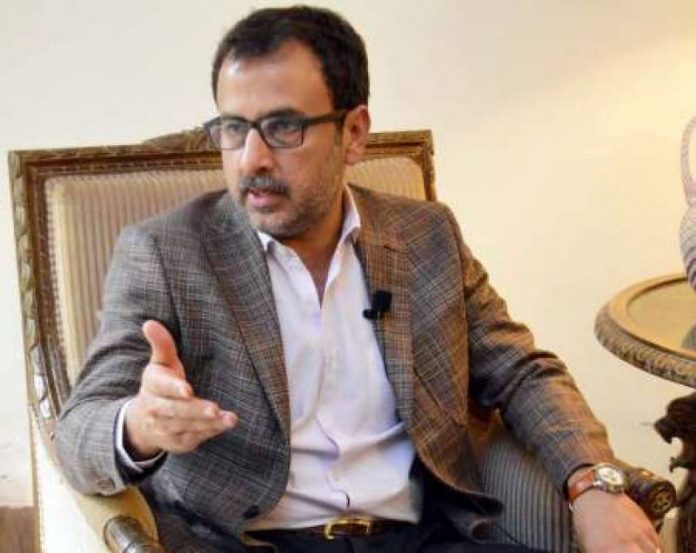KARACHI: Federal Minister for Energy (Power Division) Awais Ahmad Khan Leghari has said that National Electric Power Regulatory Authority (NEPRA) should work out a better tariff, enabling K-Electric (KE) to continue its investment in power uplift projects keeping in view the growing power demand in Karachi.
“I am sure the regulator must be considering all these factors as the betterment of the country is our prime objective,” he stated.
Talking to a private TV channel, the minister said although Abraaj Group did not have any experience to run a power utility company when it took over the management and control of K-Electric it brought tremendous improvement in Karachi’s power supply over the years.
“We are also hopeful that the issue related to KE’s recent tariff determination will also be concluded amicably between KE and NEPRA, paving the way to bring the much-needed investment through Shanghai Electric Power,” he said.
KE is among the very few vertically integrated power utilities in the world which handle generation, distribution and transmission in the megacity and its adjoining areas.
Analysts claimed that after revising multi-year tariff for K-Electric from 2016 to 2023, the company may stop further investment in its projects for the residents of Karachi and most of the K-Electric projects including 900 MW project being set up at Bin Qasim port area.
“The new tariff will stay in effect for the next seven years, from July 2016 to 2023. The cut in tariff is a negative for KE, impartial for consumers and positive for the administration,” the analyst said.
In a move that may cause severe implications for the residential and industrial power consumers of Karachi, NEPRA has drastically reduced KE’s tariff for seven years against its review petition.
It is pertinent to note that Karachi is home to some of the largest industries in Pakistan and makes a significant contribution to the country’s GDP. In case the city does not meet the required investments for infrastructural upgrades in view of growing power demands, it may not only adversely affect the people of Karachi in terms of extended load shedding but will also retard industrial growth and operations.




